Childhood without borders. How children with disabilities live and find their place in Ukraine
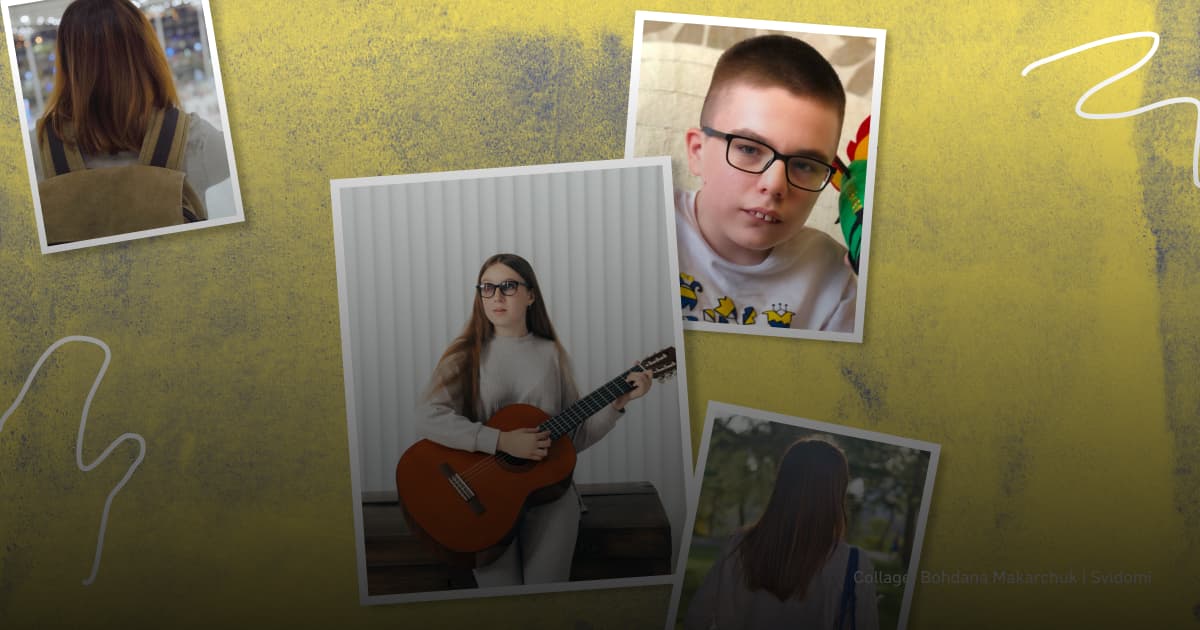
Children play computer games, do sports, dream of becoming celebrities and make friends. Children with disabilities do the same. The first national sociological study on the perception of people with disabilities in Ukraine showed that the first emotion 71% of respondents have towards people with disabilities is pity. However, the 'limited opportunities' that cause pity are just an imposed stereotype.
Svidomi tells the stories of Ukrainian children with disabilities.
Online friends and teenage perfectionism. The story of 16-year-old Volodymyr
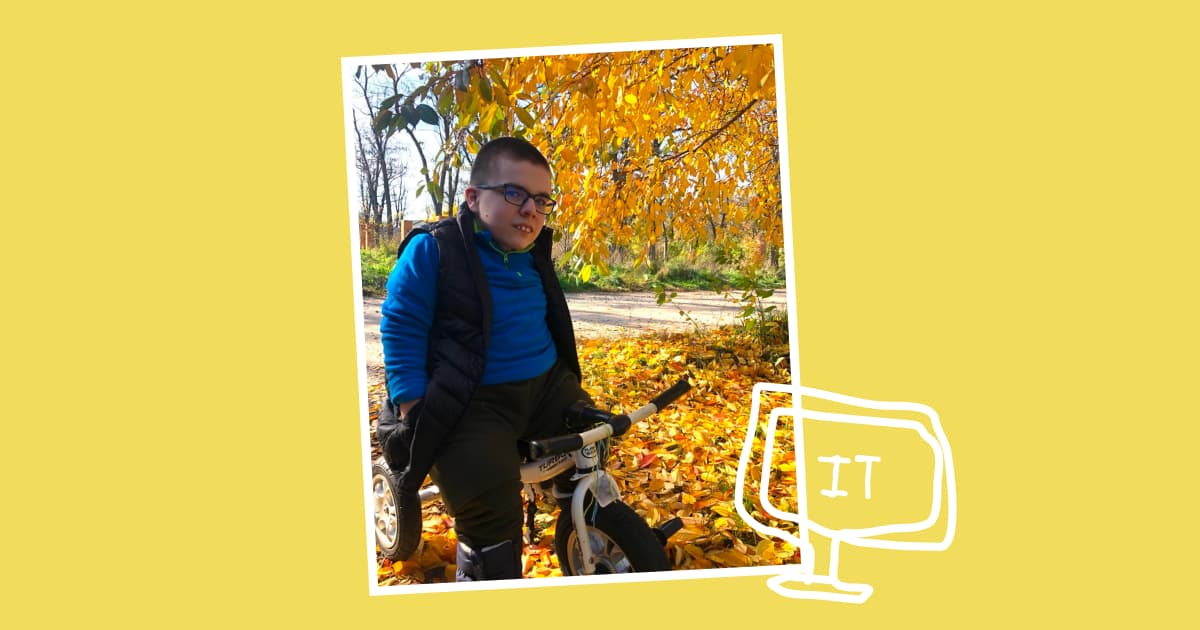
Volodymyr lives in Kropyvnytskyi but has friends all over Ukraine. He communicates with them mainly through online game chats. Nowadays, the boy does not tell his friends that he has a disability. But it wasn't always like this, says his mother, Yulia.
"There was an unpleasant situation on the Internet. COVID-19 spread, and online games became a key source of entertainment for children. While playing, once Volodia mentioned that he had a disability. Other teenagers said they would not take up with him. Like, "We're looking for normal people." He was deeply hurt by this and said, "Is it my fault that I have this disease?"
The boy has diastrophic dysplasia. As he grew older, his height became increasingly different from that of his peers – his disease involves a gene for dwarfism. In addition, his joints are so stiff that only his thumbs can bend. It is impossible to get rid of these contractures.
"Volodia was about nine years old when he asked, 'Why can't I walk?' I had to start an adult conversation with him and explain that this is what happens in life,"
Yulia recalls.
Volodymyr studies at home. His peers no longer spend time in the yard, so he can't make friends there. There is a centre for young people and children with disabilities in the city, but Volodymyr finds it uninteresting. He wants to talk about politics and anime, but there is no one at the centre to talk to about it. Thanks to the mobility of his thumbs, Volodymyr can hold a pen and write. The teenager also likes to draw, although he is a bit of a perfectionist. If the drawing differs in any way from the original, Volodymyr has to start over. This is his approach to all his artwork.
"When Volodia read me his essay in English about the Harry Potter films, I realised that I hadn't written like that when I was at school. I said: 'Well, it turned out great, why are you ashamed? And I hear 'I don't like it'. And he doesn't stop, he keeps trying," says Volodymyr's mother.
He is less picky when it comes to choosing clothes — he often trusts his mother's taste. Because of his parameters, it is difficult for Volodia to find clothes. He can no longer buy things in the children's department. Even though he is a small teenager, children's clothes do not fit him. He has to buy size 'S' in the men's department and lengthen his trousers, redesign jeans and jackets. The boy will have his shoes made to measure. This is also a difficult task because of the specific wide structure of his foot.
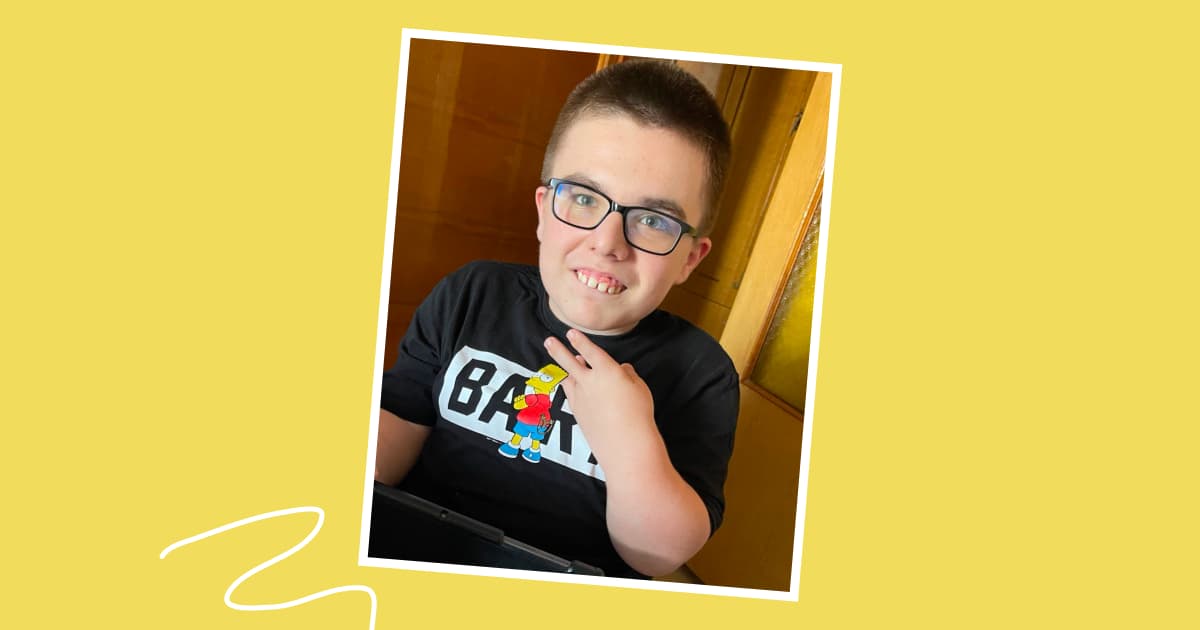
In mobile games, Volodymyr is interested in fashion. Sometimes he even buys accessories for his characters with real money.
"He cannot fulfil himself by showing off his new jeans to his friends. So he tries to do it in a different way. Every teenager has this need, even if they don't talk about it," says Yulia.
Volodia does not use a wheelchair. It is not suitable for him because it is not manoeuvrable enough. Also, his legs do not move in it, which can lead to muscle wasting. For a long time, the young man used a kids' tricycle to get around, but now he has another vehicle. Thanks to volunteers, Volodymyr received a scooter, which is used abroad by people with leg casts. He cannot use it to climb stairs. But it is perfect for getting to the sweets on the kitchen counter on his knees.
In the future, the young man wants to enter a university in Kropyvnytskyi and study computer science. But if the university is not accessible to people with disabilities, Volodymyr will have to study remotely.
"We have an IT department, and I really hope that in the next few years, there will be a lift, an electric ramp, and rooms with the necessary equipment on the ground or first floor," says Yulia.
On fashion, orthoses and priorities in life: Katia's story
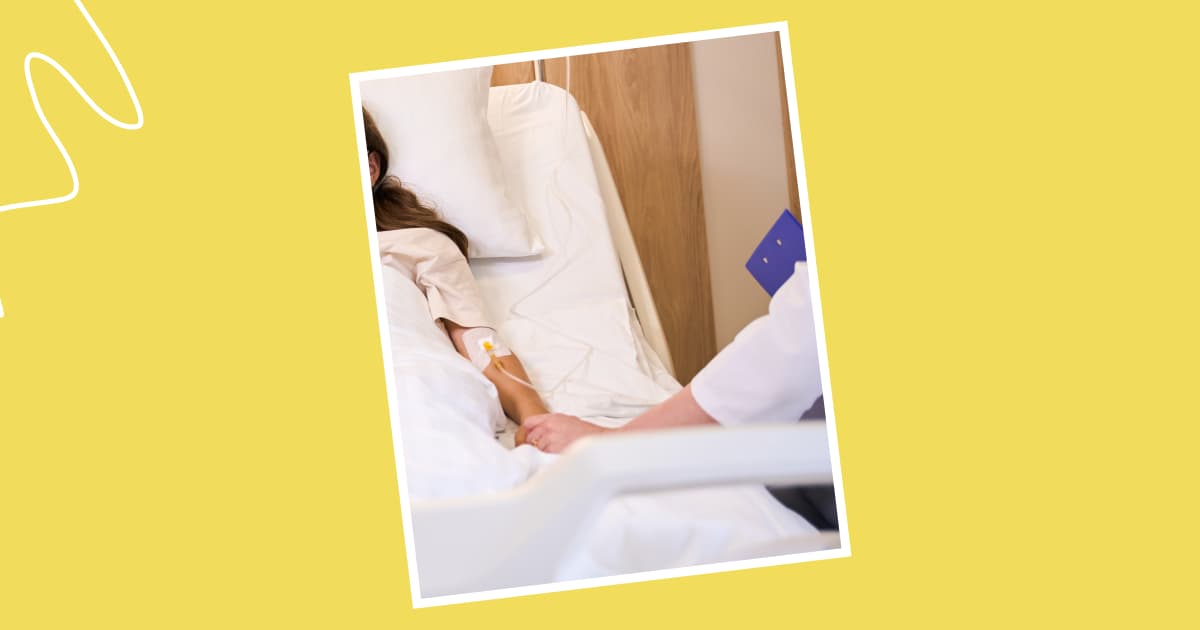
Oksana has 10 foster children and one biological child. There are four girls with disabilities in the family.
The oldest, Katia, is now 16 years old. She has a congenital limb length discrepancy of 6 centimetres and also scoliosis. She has had 34 operations to correct the length of her legs.
"The leg had atrophied because Katya could hardly walk. The operated leg was as thin as a wrist. We did a rehabilitation course. Katia also went to children's yoga to build up her muscles," says Oksana.
She spent a lot of time in hospital because of the operations, and that's when she learnt to play the guitar.
However, Katia found living in a hospital patient room very difficult. She is now working through it with a psychologist.
The diagnoses are evident in everyday life, says the girl's mother. It is difficult for Katia to take long walks. She has to rely on her strength.
Kateryna likes to dress fashionably, especially in shorts. When people show interest in the scars on her legs from her operations, Katia lets them look at them and explains how they came about. After getting answers to their questions, people get used to it and stop paying attention to it.
Kateryna refuses to wear an orthosis (an orthopaedic device for fixing the position of parts of the body — ed.) for her back, which corrects scoliosis. It is made of plastic, so it is not very comfortable to walk in. But there's another reason — Katia thinks it doesn't go with the clothes she wants to wear.
She also needs special shoes to compensate for the difference in leg length. The law entitles Kateryna to seasonal shoes twice a year, which take 2-4 months to make. During this time, the season passes and the foot grows (although the shoes are ordered a little bigger). During the full-scale war, the manufacturers who used to make Katia's shoes stopped working, so she had to turn to the Social Protection Fund for Persons with Disabilities. This process involves many applications and appeals. Collecting documents takes a lot of time and effort.
"The law declares that I have the right (to make special shoes — ed.), but to get it I have to go through a real quest,"
says Oksana.
This year Kateryna started medical studies in Dnipro. She has very clear plans for her future career.
"There was a lot of competition for admission to this educational institution, but Katia qualified for free tuition. We encourage her to appreciate and value her success," says Kateryna's mother.
Four-year-old Ira's curiosity and interest in the world
Katia has a four-year-old foster sister, Ira. She now attends kindergarten. "The children always do something together. Ira loves to explore the world, she is a very curious child. We are happy with what we have now," says Oksana, the girl's mother.
Iryna's parents abandoned her, probably out of fear of her congenital hydrocephalus. In this condition, the cerebrospinal fluid that circulates in the cavities of the brain's ventricles does not drain from the head on its own. The accumulation of cerebrospinal fluid makes the child's head bigger.
The operation was not performed until the girl was seven months old - they were looking for funds and possible guardians. The operation involves the insertion of a shunt (tube) to drain the excess fluid into the stomach. Ira will have another operation to replace the shunt with a larger one when she is 6-9 years old.
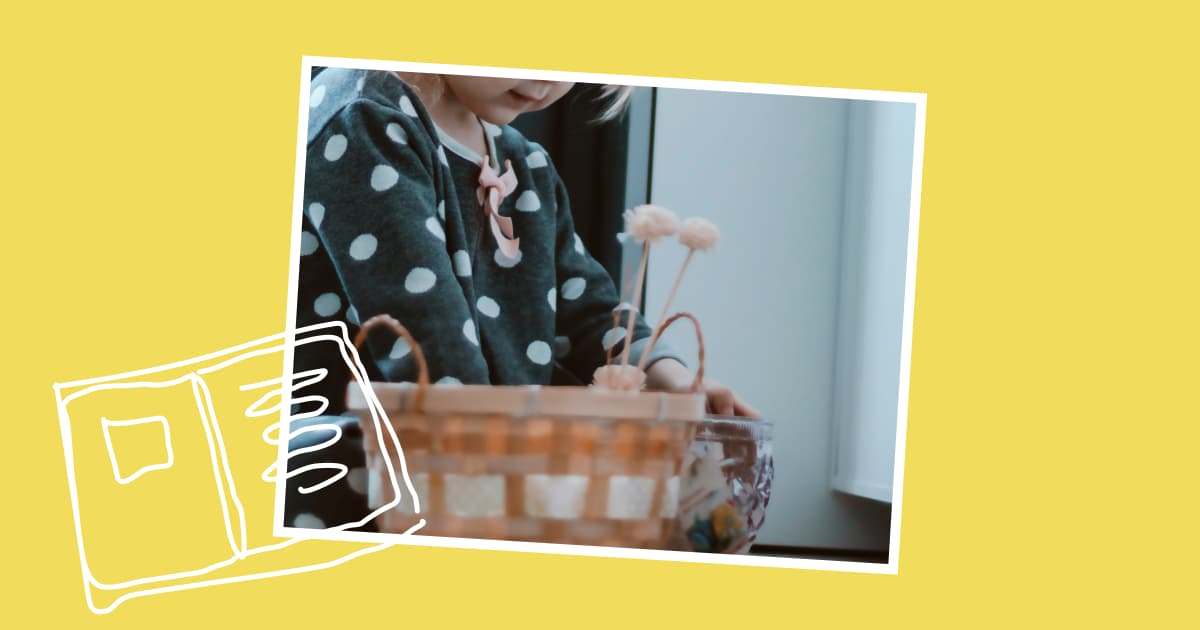
Seven months without her parents affected Ira's condition. The child's first brain surgery was unsuccessful.
"Ira did not have parents, so the child was not taken for an ultrasound before the operation without adult supervision. The doctors did not determine where the shunt should be placed. After the operation, it turned out that it was installed incorrectly and the CSF was not being drained from the brain. Two months later, doctors performed a second operation to install the shunt on the other hemisphere of the brain. The second operation was a success," explains Ira's mother.
After the operation, Ira was transferred to a specialised neurological institution – a children's home. There, she was not fed properly and gained a lot of weight, although hydrocephalus requires a special diet. Also, the child should not be subjected to any drug or food poisoning, as the infection can get into the brain.
Iryna's foster parents try not to restrict her but simply monitor her well-being. Although she needs to take special care of her head, due to the presence of a foreign body there, it is impossible to protect her from common falls. For example, Iryna likes to jump on a trampoline. Her parents allow her to do so, but make sure that the child does not collide with anyone.
"Irynka can attend kindergarten and school. In the future, she will even be able to take up dancing. She has to follow a diet to avoid gaining weight and, of course, she must try to prevent head injuries. This way, she can grow and live to the fullest," says the girl's foster mother.
The fast pace and learning new things — the lifestyle of 16-year-old Olha
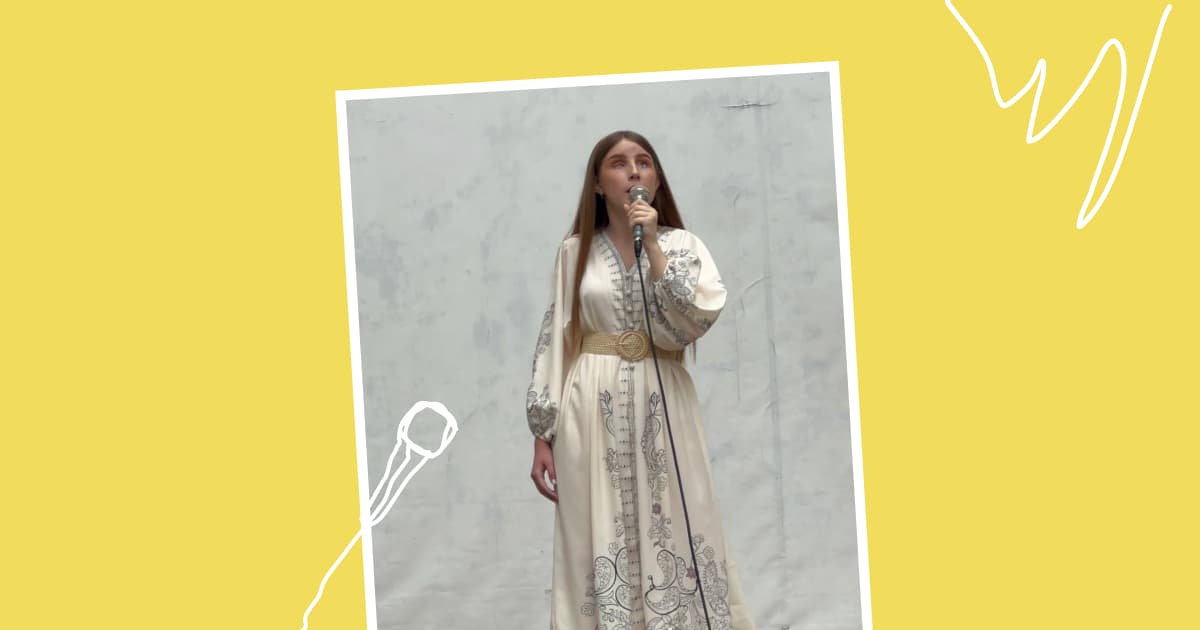
This year Olha is in 10th grade. Besides school, she has many hobbies. She used to swim, do gymnastics and go horseback riding. Now she is interested in journalism and attends a music school.
Olha is almost blind. She can see light, dark, and some colours. When Olha has time between her studies, she spends it on literature. She prefers to listen to audiobooks. She knows braille, but the works she likes are not available in braille. The girl is also interested in cinema, but films have silent scenes, and cinemas do not yet provide headphones with audio descriptions (voice descriptions of what is happening on the screen—ed.).
The girl attends a regular school, but she cannot say that her nine years of schooling have been comfortable.
"I tried to talk to my classmates, and sometimes I made contact, but not as much as I would have liked. I can't say that I have many friends, but I have always had people to talk to," says Olia.
The girl found it difficult to participate in extracurricular activities. For example, during group riding lessons, Olia became disoriented because of the noise and hustle and bustle around her. In aerial gymnastics, the girl could not independently judge the accuracy of her performance, and the coach did not always correct her. Olha found out about her mistakes from other girls, and it was embarrassing for her.
Olha has been studying at the music school for five years, playing the guitar and learning to sing.
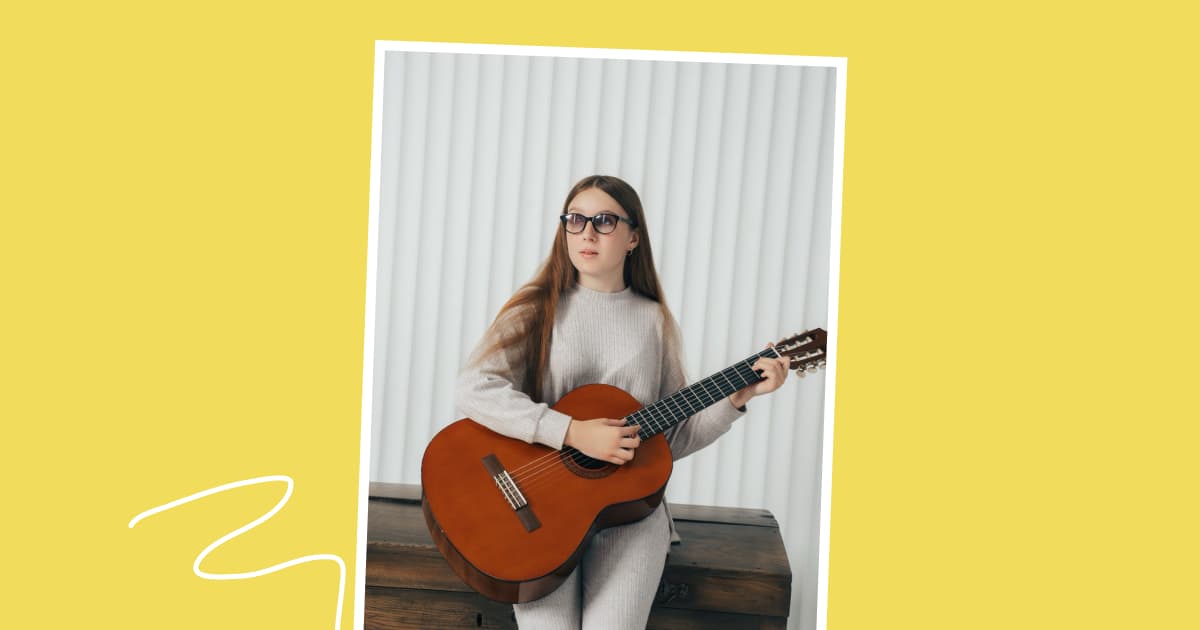
"If I choose a career as a singer, I would like to be very famous. At least on a national level. At the same time, I know how difficult it is to achieve that," Olha reflects on her future plans. If she doesn't make it as a singer, she would like to try her hand at journalism.
Olha also dreams of studying abroad. She likes Poland and is attracted by the development of inclusive education abroad, which Olia believes is still lagging behind in Ukraine.
The girl strives for independence and even considers living abroad on her own. She says that she might only need her mother's help for the first few months.
Parental resourcefulness, higher education for children with disabilities and making a difference
According to Daria Herasymchuk, an advisor to the President of Ukraine for Children's Rights and Children's Rehabilitation, some parents do not limit the development and socialisation of children with disabilities. However, some have not overcome their fear and become overprotective. Such parents need psychological help and support, says Daria.
"This is about the adult's resourcefulness. We need to work with them and also communicate the children's thoughts to the parents. For example, when teenagers explain: 'One moment you say, 'You can do anything,' and the next you limit me. They say: 'Oh no, don't go there because they will break your [medical device] and they will insult you there.' So we have to work with the parents' fears," says Daria Herasymchuk.
The Commissioner, who is raising a child with a disability herself, believes that each family is its own ecosystem. That is why, according to Daria Herasymchuk, hyper-parenting is a complex but worthwhile issue.
For many, the first step towards independent living is entering a higher education institution. There are problems with barrier-free access to higher education in Ukraine, but Herasymchuk believes there are also big changes.
"There is progress. Unfortunately, we have slowed down a bit because of the full-scale invasion, but I want people to see the difference. We should continue to raise the issues that hurt. And it's not just about ramps," stresses Daria Herasymchuk.
According to the presidential commissioner for children's rights, Ukraine needs to make changes in several areas to make life comfortable for all citizens. At least four steps are needed:
First, the philosophy of inclusion must be developed in society so that people are perceived as individuals.
This information needs to be conveyed in different ways to make it clear that disability is not a person's main characteristic.
Secondly, the Barrier-Free Ukraine programme should be further developed so that all people with disabilities have more opportunities for self-fulfilment. In this way, their voices will be heard.
Thirdly, pay attention to communication between children and involve responsible adults in it. This can be done through the educational environment. Therefore, inclusion should be actively implemented in education. Daria Herasymchuk hopes that inclusion will soon be included in the school curriculum. This will be an opportunity to talk about all people who could potentially be excluded from society.
The fourth step is that it is very important to work directly with children and young people with disabilities and their parents. We need to give them the tools to be heard, tell them what resources the state can provide, and show them how to protect their rights.


